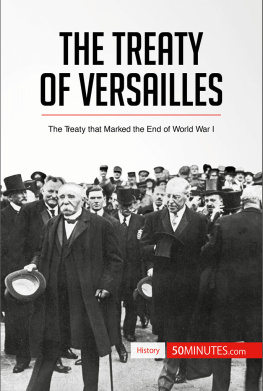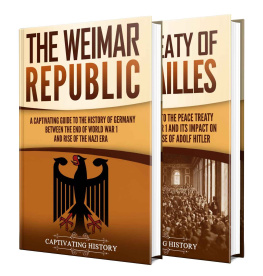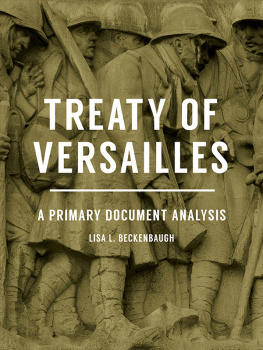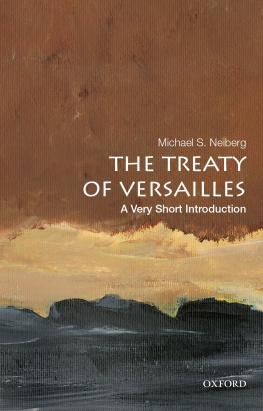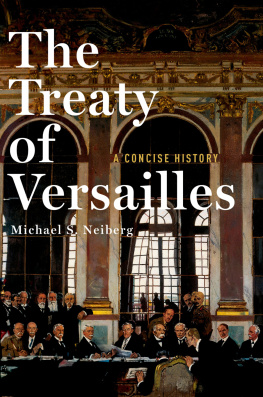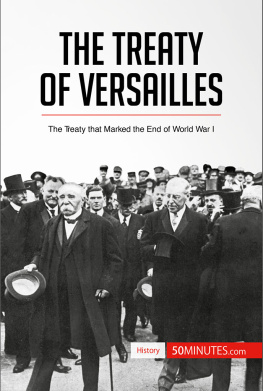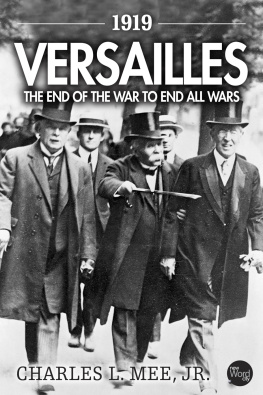Younan Labib Rizk (19332008) was Professor of History at Ain Shams University in Cairo and Director of Historical Studies at the Institute of Research and Arab Studies. He was also a respected commentator on the contemporary Arab world with a regular column in Al Ahram.
Britain and Arab Unity
C ONTEMPORARY A RAB S CHOLARSHIP IN THE S OCIAL S CIENCES
Series ISBN 978 84885 207 5
The Contemporary Arab Scholarship in the Social Sciences (produced by I.B.Tauris in cooperation with the Centre for Arab Unity Studies) aims to introduce an English language audience to the most cutting-edge writings from the Arab world in the fields of politics, sociology, philosophy and history. Hitherto, the majority of social studies on the Arab world have been written by, and from the perspective of, non-Arabs. This series aims to remedy the situation by presenting authentic, indigenous points of view from key influential thinkers and intellectuals. The writers assembled in the series all highly distinguished experts in their areas of study tackle the most critical issues facing the Arab world today: Islam, modernity, development, the legacy of imperialism and colonialism, civil society, democracy and human rights. English-language readers are here given an unprecedented window on the vitality and distinctness of contemporary Arab intellectual debate in high-quality, eminently readable translations of the original works.
Democracy, Human Rights Law in Islamic Thought
Mohammed Abed al-Jabri
978 1 84511 749 8
Britain and Arab Unity:
A Documentary History from the Treaty of Versailles to the End of World War II
Younan Labib Rizk
978 1 84885 059 0
The State in Contemporary Islamic Thought:
A Historical Survey of the Major Muslim Political Thinkers of the Modern Era
Abdelilah Belkeziz
978 1 84885 062 0
Water in the Arab World:
The Politics and Economics of Access to Water Resources
Abdul Malek Khalaf El-Tamimi
978 1 84885 058 3
The Formation of Arab Reason:
Text, Tradition and the Construction of Modernity in the Arab World
Mohammed Abed al-Jabri
978 1 84885 061 3
Islamic Land Tax Al-Kharj:
From the Islamic Conquests of the Abbasid Period
Ghaida Khazna Katbi
978 1 84885 063 7
Early Islamic Institutions:
Administration and Taxation from the Caliphate to the Umayyads and Abbasids
Abd al-Aziz Duri
978 1 84885 060 6

The translation and publication of this book was made possible by the generous financial support of the Mohammed Bin Rashid Al Maktoum Foundation.
The opinions and ideas expressed in this book are those of the author and do not necessarily reflect those of either the publisher, the Centre for Arab Unity Studies or the Mohammed Bin Rashid Al Maktoum Foundation.
Published in 2009 by I.B.Tauris & Co. Ltd
6 Salem Road, London W2 4BU
175 Fifth Avenue, New York NY 10010
www.ibtauris.com
Published in association with the Centre for Arab Unity Studies
Distributed in the United States and Canada Exclusively by
Palgrave Macmillan
Centre for Arab Unity Studies
Beit Al-Nahda Bldg. Basra Street Hamra
PO Box: 113-6001 Hamra
Beirut 2034 2407 LEBANON
www.caus.org.lb
Copyright 2009 Centre for Arab Unity Studies
The right of Younan Labib Rizk to be identified as the author of this work has been asserted by him in accordance with the Copyright, Designs and Patent Act 1988.
All rights reserved. This book, or any part thereof, may not be reproduced, stored in or introduced into a retrieval system, or transmitted, in any form or by any means, electronic, mechanical, photocopying, recording or otherwise, without the prior written permission of the publisher.
References to websites (URLs) were accurate at the time of writing.
Contemporary Arab Scholarship in the Social Sciences, Vol. 2
ISBN: 978 1 84885 059 0
eISBN: 978 0 85773 754 0
A full CIP record for this book is available from the British Library
A full CIP record is available from the Library of Congress
Library of Congress Catalog Card Number: available
Designed and Typeset by 4word Ltd, Bristol, UK
Foreword
The known and the unknown is likely the most apt description of this study which addresses Great Britains position towards Arab unity. Historians have taken the general view that Foreign Secretary regarding the need to adopt a positive view of Arab unity, marked the beginning of the embodiment of Pan-Arabism in an institutional form, known today as the Arab League. In other words, it is a view that suggests that the London Government was behind the establishment of this regional organisation, in 1945. It is, however, a notion fraught with misconceptions.
No state, regardless of its ability to dominate politically in a given historical period, can create something out of nothing. The concept of Pan-Arabism had been there all the time, as far back as the establishment of the very first Arab societies and political parties in the pre-war period such as Arabyah al-Fath, al-Ahd and the Decentralisation Party founded in Cairo. We should also not forget the Great Arab Revolt, the uprisings against the imperialist Britain and France, and rebellions against Zionist aspirations during which the concept of Arabism was ignited. At no time were these revolts free of nationalist sentiment, especially in the cases of Syria, Iraq and Palestine.
Thus Britain faced what was essentially a fait accompli and sought to contain it; and the embarrassment of the Allies at the hands of the Central powers, in the early years of World War I, gave it the opportunity to unfurl its containment policy. We might say, therefore, that, in one sense, the British Foreign Secretarys famous declaration was a product of nationalism and, in another, a product of circumstance.
On the other hand, to accept such a notion means simply ignoring British policies over the preceding decades, policies that harboured animosity towards Arab attempts to unite and, for obvious reasons, since such a union would inevitably pose a threat to the Empires interests in the region. Nevertheless, it was not so strange for Great Britain to attempt, at times, to utilise various situations to sow division among the Arabs, and at most others, to work at consolidating its handiwork.
Thirdly, British documents reveal that in the four years intervening between Edens declaration at Mansion House and the establishment of the Arab League, the British did their best to obstruct efforts to forge Arab unity. They used all possible methods at their disposal, from issuing warnings to Arab governments, to actually threatening them, to attempting to actively incite conflict between them. Finally, it worked arduously to confine efforts towards Arab unity to
The present study attempts to make Britains position towards Arab unity a fact well known, rather than a not such well known fact, by relying almost entirely on official British documents on Arab issues mainly from the Foreign Office, the Colonial Office, the India Office and the World War II War Cabinet.



